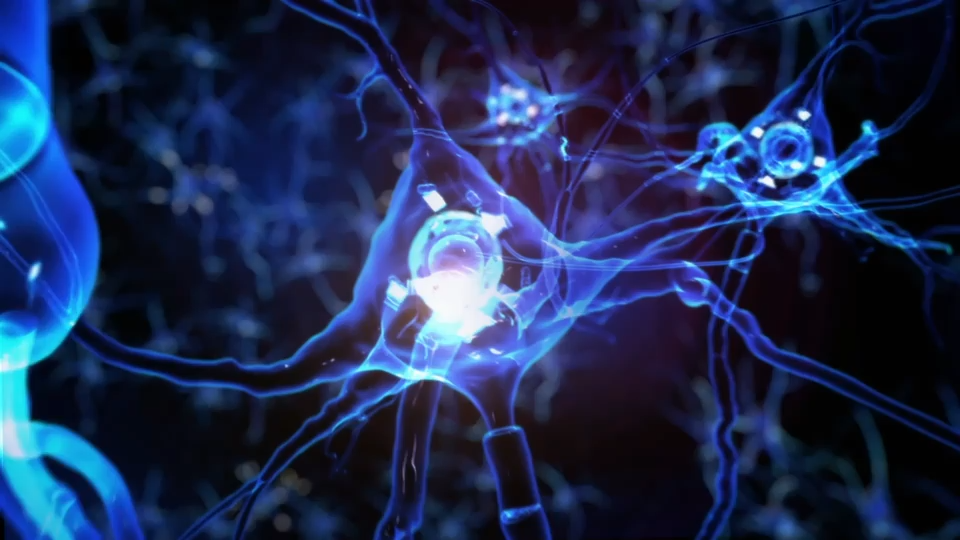For Alzheimer disease (AD) and also many other neurodegenerative disorders, familial aggregation was already recognized as a salient feature decades before any of the underlying molecular genetic and biochemical properties were known. Over the years, genome-wide genotyping and second-generation sequencing technologies have drastically changed the approaches used to study these disorders. In addition, there is growing evidence to suggest that underlying genetics can significantly modify response to development of amyloid and tau pathology with age.
At the 2024 Alzheimer’s Association International Conference (AAIC), held July 28-August 1, in Philadelphia, Pennsylvania, researchers from the Jackson Laboratory in Florida presented data looking at how genetics can impact microglia function, and how these differences related to AD pathology, and ultimately, cognitive decline. To achieve this, the study authors introduced humanized amyloid-ß (with and without driver mutations) and MAPT sequences in 2 mouse strains, C57BL/6J (B6) and WSB/EiJ (WSB).
Although the analyses are ongoing, results showed that B6 and WSB mice that carried humanized amyloid-ß without mutations did not exhibit significant amyloid pathology at 10 months. In contrast, B6 and WSB mice that carried the Swedish-Arctic-Austrian mutations did show significant parenchymal deposition starting at 6 months of age, and WSB exhibited mature cerebral amyloid angiopathy.
Senior author Gareth Howell, PhD, believes there is benefits to utilizing diverse mouse models to study AD. During the meeting, Howell, a professor of neurology and the Diana Davis Spencer Foundation Chair at the Jackson Laboratory, sat down to discuss the research and its significance. He provided commentary on the growing knowledge of microglia and its impact on AD, and how genetic variations in microglia-linked genes increase disease susceptibility.
International Conference on Genetics and Genomics of Diseases
Visit: genetics-conferences.healthcarek.com
Award Nomination: x-i.me/gennom1
Award registration: x-i.me/genreg2
Member Nomination: x-i.me/genmember
Member Registration: x-i.me/genreg1
For Enquiries: genetics@healthcarek.com
Get Connected Here
---------------------------------
---------------------------------
Pinterest: x-i.me/genpt
Twitter: x-i.me/gentw
Facebook: x-i.me/genfb
Instagram: x-i.me/genin
Youtube: x-i.me/genyt
Visit: genetics-conferences.healthcarek.com
Award Nomination: x-i.me/gennom1
Award registration: x-i.me/genreg2
Member Nomination: x-i.me/genmember
Member Registration: x-i.me/genreg1
For Enquiries: genetics@healthcarek.com
Get Connected Here
---------------------------------
---------------------------------
Pinterest: x-i.me/genpt
Twitter: x-i.me/gentw
Facebook: x-i.me/genfb
Instagram: x-i.me/genin
Youtube: x-i.me/genyt

Comments
Post a Comment